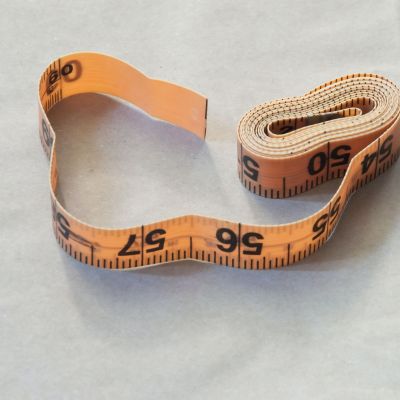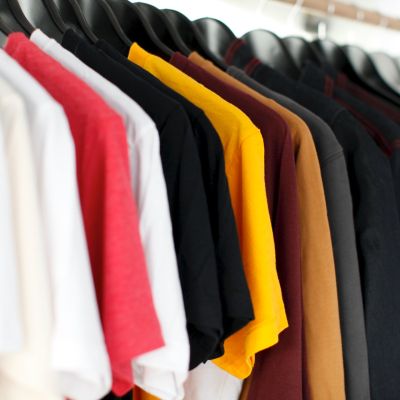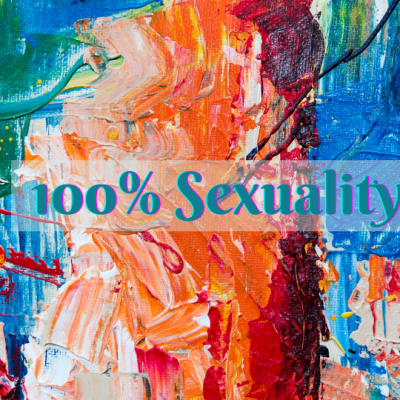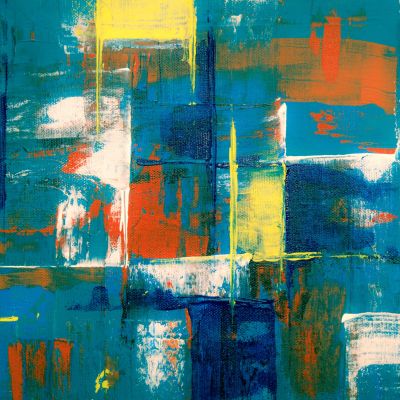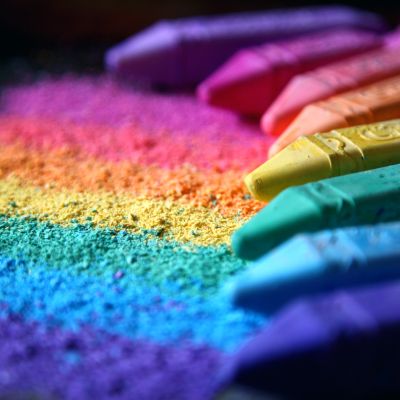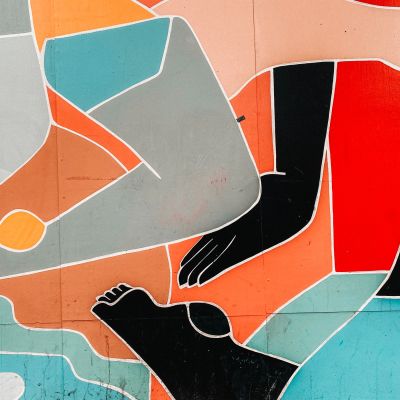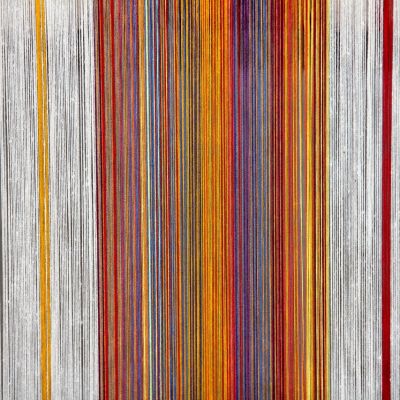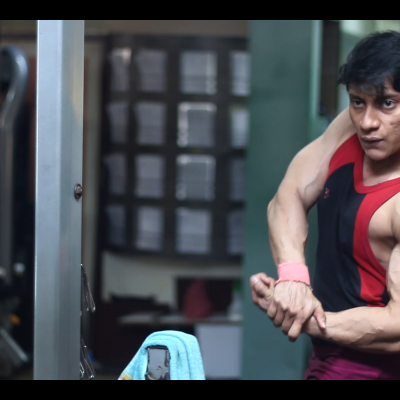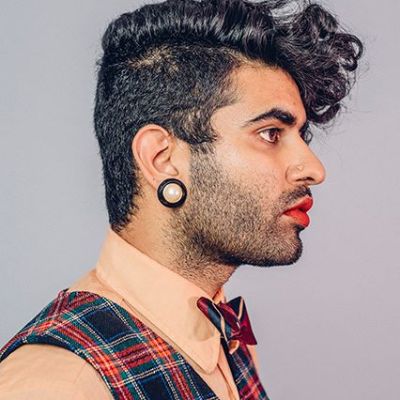femininity
The simple truth is that my body and I are having an affair. We each obsess about the other, ask questions and desire each other so much, that it often borders on the shameless. My body is more in love with me, I suspect, than the other way around.
100 issues, 8 years! Thank you, dear readers and contributors! As we planned for this issue to put on our…
I am still coming to terms with my own femininity, as with new learnings I find myself regaining many facets of my personality which were lost while trying to ‘act like a man’ and ‘act tough’.
Taboos in relation to female desire, sexuality and the body are often addressed in my work. My recent artistic interest focuses on rituals that are primarily centred on agricultural communities in Bengal that involve the veneration of fertility symbols and celebration of feminine sexuality.
If we are to reimagine coupledom and sexuality, we need to expand and challenge our ideas about togetherness, romance, love, intimacy, desire, sex, attachment, and so on.
Coupledom may or may not be for everyone, and does not mean the same thing to everyone. Importantly, coupledom does not hold the same value or position in our lives, even in the lives of the individuals perceived to be parts of a couple structure.
एक समय ऐसा था जब मैं भी लड़कियों के लिए बनाई जाने वाली हर चीज़ से सिर्फ इसलिए दूर भागती थी क्योंकि मुझे लगता था कि नारीवादी दिखने के लिए एक खास तरीके से दिखना और व्यवहार करना आवश्यक है।
Social norms don’t expect women to look muscular, but if men are muscular, it is considered sexy. Just by choosing to pursue a largely male-dominated sport that glorifies what is accepted as “masculine”, Karuna and Sibalika are pushing the boundaries of these labels.
In my 27 years of existence, I’ve embodied various personas and roles. Even today, I behave slightly differently in the office, around parents, at a party and when I’m alone in my room. In the mornings I’m often a lawyer, whereas during evenings I become an artist.
Feminine energy is supposed to be yin, receptive, gentle, intuitive,and fulfilling. Masculine energy is supposed to be yang, active, fast, fierce, emptying, goal-oriented and focused.
The nature of the labor that goes into performing femininity is that it’s invisible. Or at least it’s supposed to be. As a culture, we expect women to look glossy and shimmery and smooth. We don’t want to know about the time and money that goes into this presentation.
Alok Vaid-Menon is one half of the trans South Asian performance duo from New York, DarkMatter. Vaid-Menon was gender-assigned male at birth, identifies as transfeminine (that is, identifies with femininity to a greater extent than with masculinity) and prefers the pronouns ‘they’ and ‘their’.

